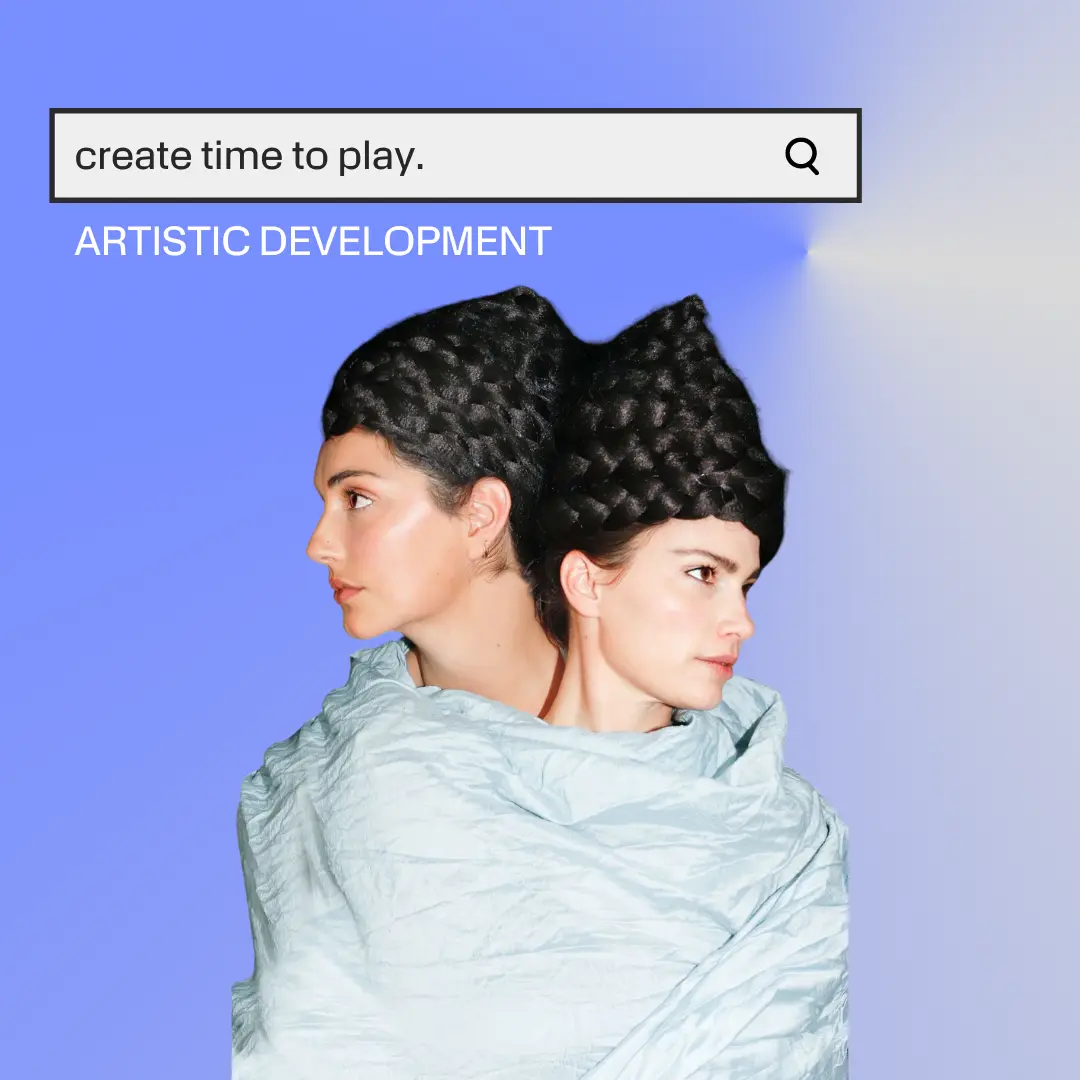On goodbyes
Exploring the relationship between music, emotion and fragmented memory.
Of Poets + Punks is a column that explores the relationship between music, emotion, poetry and fragmented memory.
Press play.
Reporting live from the M Train and the back of Ubers and Lyfts and cabs and dirty sidewalks and dirtier bathrooms and the backrooms of bars and bedrooms and bathtubs and bodegas that in those brief moments belonged to me. I wrote this on my phone and in notebooks tattered from sitting in my back pocket while I dance or mosh, with good headphones on when I could wherever and whenever I had a moment alone, which is never.
I am not a writer who sits still. Young summer in New York City isn’t about that. If you’re reading this and have felt that rush—some call it FOMO—I know you understand.
It was near the end of 2018 when my old roommates turned me on to Rosalía. They were both Americans. We shared a mostly empty fridge and a dark railroad hallway in Bushwick that functioned as a kitchen, a parlor and an ashtray. They did not speak a word of Spanish but were moved by her beats.
What caught my ear, however, were her lyrics: “fire falling from the sky, rivers of tears” melodrama from the heart of flamenco lore made new. Before the discourse between me and other Latinx folks about the problematic complexities of her refusal to acknowledge that she is, actually, not Latina, I reveled in the fact that my roommates had introduced me to music in my native language without understanding a word—and the words were so beautiful!
They turned to the sound created, to the haute couture music videos and long nails, to the emotion locked in the handclaps and flamenco-trap matrix she embodied before trying to pass for Caribbean while eating mayonnaise straight out of the jar.
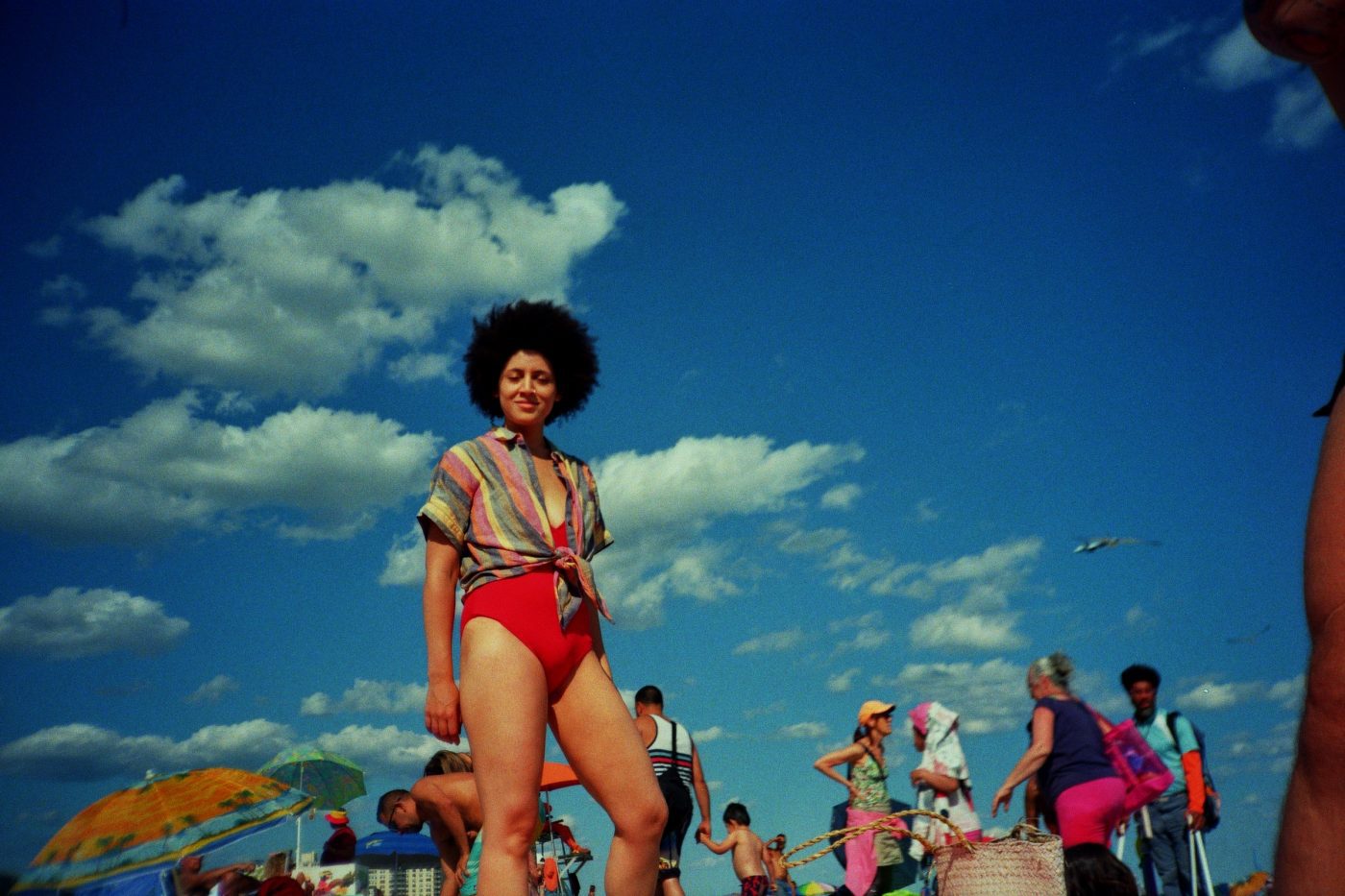
While we’re talking colonial languages and as I write in yet another, let me tell you a secret: I can’t speak French to save my life (although Duolingo says otherwise). I don’t know when the obsession with French started. Maybe I watched “The Dreamers” too young, or listened to Édith Piaf’s “La vie en rose” and imagined something outside the suburb of Miami where I grew up dreaming of New York and Paris. I can tell you now, even if there’s a language barrier, there are songs that stick with you. If you listen closely, which the ‘streaming’ impedes, an album sticks harder.
The beginning of Muddy Monk’s “En Lea” sounds and feels like the most romantic boat ride on the saddest lake you’ve ever been. You can conjure that image as soon as the first note hits your ear. I was overwhelmed by an ocean of synths, cowbell and sparsely warbled horns. The water overwhelmed me, the dates I imagined on rowboats in the Central Park Reservoir named after Jackie O. There are two more songs on the record more explicitly about water, “Ocean” and “Splash“, but he doesn’t need to be direct to conjure that unexplored territory that’s inside us all. It’s all in his flow, in that strained falsetto that conjures so much hurt in a sea of electric keys.
The first time I ran “En Lea” through Google Translate and got an (extremely rough) inkling of what it was about, I learned quickly my hunch about the sadness in the track was spot on:
“Car si je ride encore les rues de ma ville /
Comprends qu’on n’oublie pas ses rêves indélébilesz /
Et si je traîne encore le soir dans les bars /
C’est que chaque verre efface un peu son image.”
Because if I still ride the streets of my city,
Understand that we do not forget those indelible dreams,
And if I still hang out at night in bars,
It is that each glass erases a little the image.
It turned out the sad lake was a sad avenue at night, and the water I sensed was tears and liquor. That didn’t take away from the fact that the summer was full of these things for me, for better and worse, joy and grief. The song remained a haunting anthem for the season’s longer, sweatier evenings.
Muddy Monk’s real name is Guillaume Dietrich, and the title of his debut album appropriately translates to “long ride.” It’s easy to feel that way when late May gives way to June, July and August’s car and train rides to the beach, arms heavy with boxes of cherries and bottles of cheap liquor. The long commutes to longer nights feel so distant as soon as the first winds of September blow through the filthy and delicious New York air.
I can only imagine the long rides Dietrich went on as this album came together. I like to imagine a motorcycle, a European beach city at dusk. Muddy Monk sings of the specific solitude of cities, the long commutes to too-small apartments and crammed music venues where we can feel an inkling of escape, the long car rides away from the concrete jungles we inhabit.
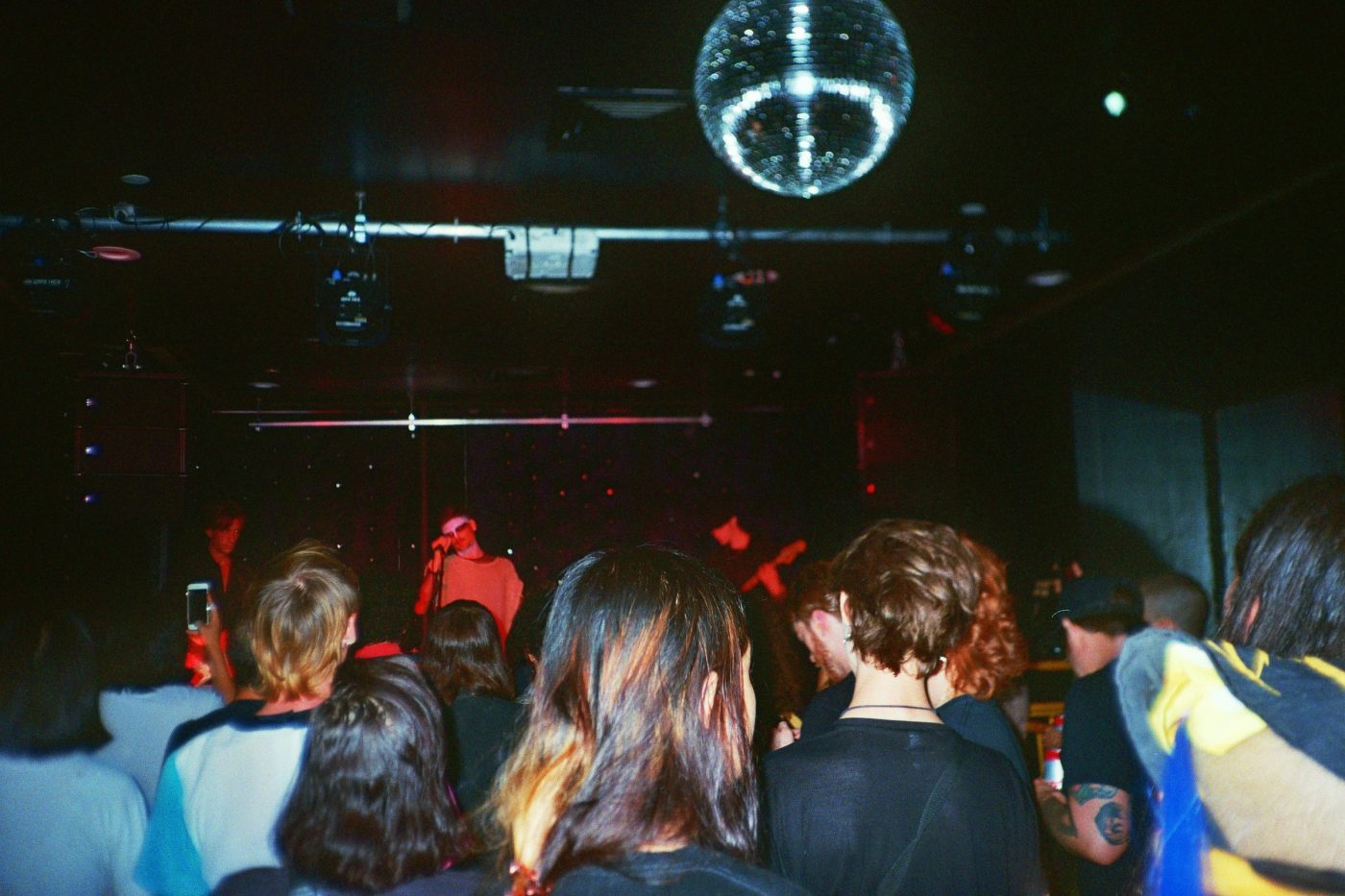
Maybe it’s not the first choice for summer listening, but for me I saw no other option. Coming from a place of eternal summer—after seven years, I still can’t take Miami out of my veins and I don’t want to—you get to know the melancholy aspects.
When I moved to New York City and first experienced the change of seasons, I felt a very real sense of time: a lack of eternity. Summer took on a new meaning outside reading on the sand with a summer crush next to you. I said goodbye to warm afternoons, to sunshine, to friends and lovers leaving back to Rio de Janeiro, Bogotá, Buenos Aires, Miami, Temecula, Flagstaff, Santiago, Cambridge, London, Athens, Japan, New Delhi, Shanghai, and Paris. Some have yet to return. It was in this and other capacities that all summers are also tinged with fear.
Fear of forgetting the nights when we uncorked every single bottle of cheap sparkling wine at once. Fear of the hard-jawed leather jacket hunks and the alt girls with big hoops at the show. Fear of getting hurt in the mosh pit or in your arms. Fear of listening to those records again after you. Fear of ICE disappearing me, even though I’m a naturalized citizen. Fear of speaking Spanish in public, despite Spanish-speakers soon making up the majority of the U.S. population. Fear of my inability to feel comfort in the country I was raised in. Fear of loving you. Fear of possibly spending all summer fucking you. Fear of how I’d feel if I didn’t at least try. Fear, always, of inevitable goodbyes.
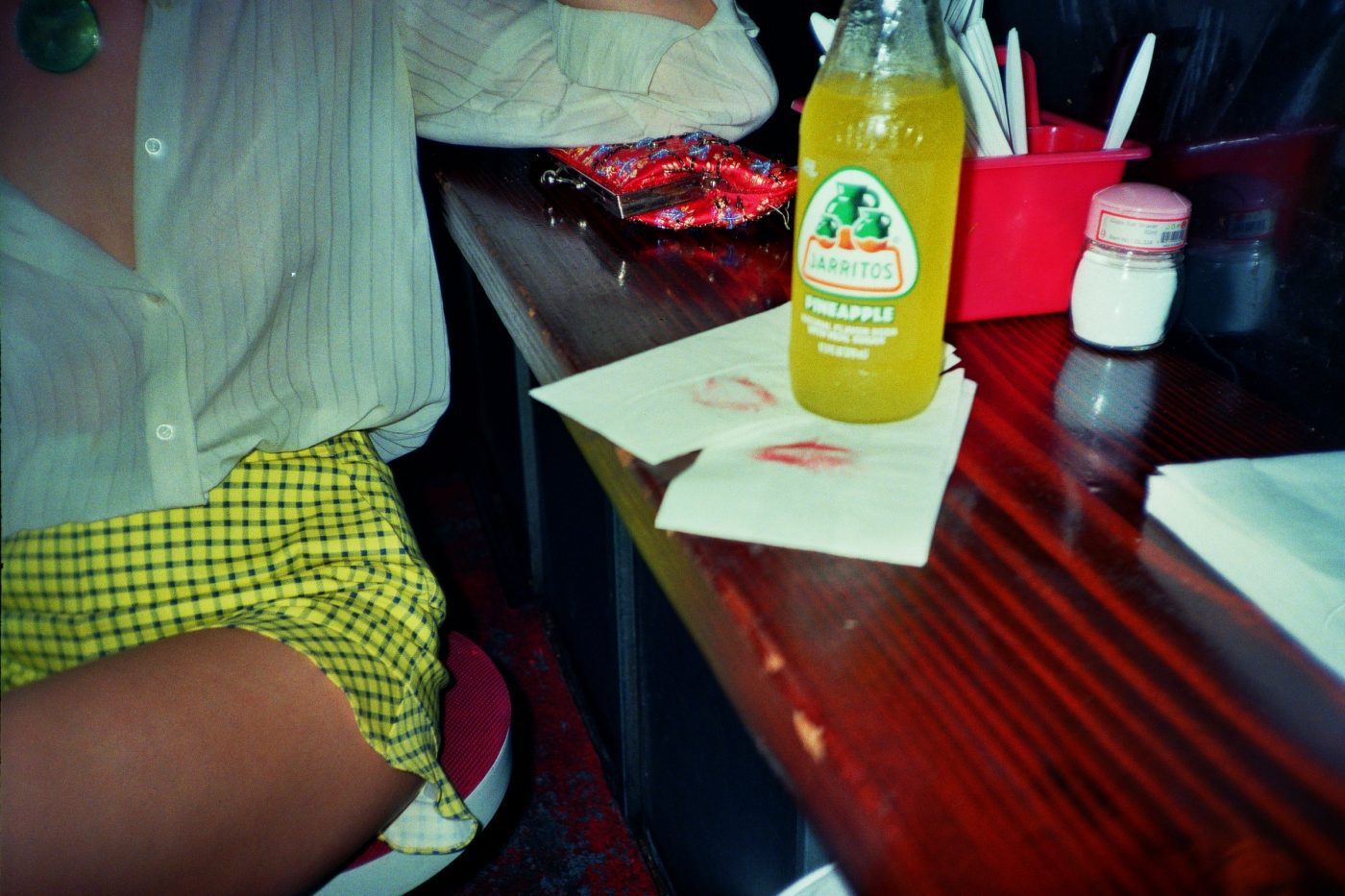
There’s a line in Frank O’Hara’s beautiful poem “A True Account of Talking To The Sun on Fire Island,” one of the many destinations I hope to get to this summer, that I have never been able to stop thinking about. In the poem, O’Hara takes sweltering pieces of advice from the sun:
“And
always embrace things, people earth
sky stars, as I do, freely and with
the appropriate sense of space.”
In the end, I’ve learned that’s all we can do. We can grasp onto the memories and embrace our own space and the space between us and the people we love and the planes and trains and cars that take them somewhere else. We can only hope it’s better, wander the streets, shuffle ourselves into place, and not be so damn sad about it.
The melancholy French music might not help, but it’s okay to give in to nostalgia every now and then. If you’ve ever felt the change of seasons, I know you understand that too.
I’m still scared of saying goodbye, even to seasons I know will return. I’m working on making peace with—even enjoying—the “see you laters.”
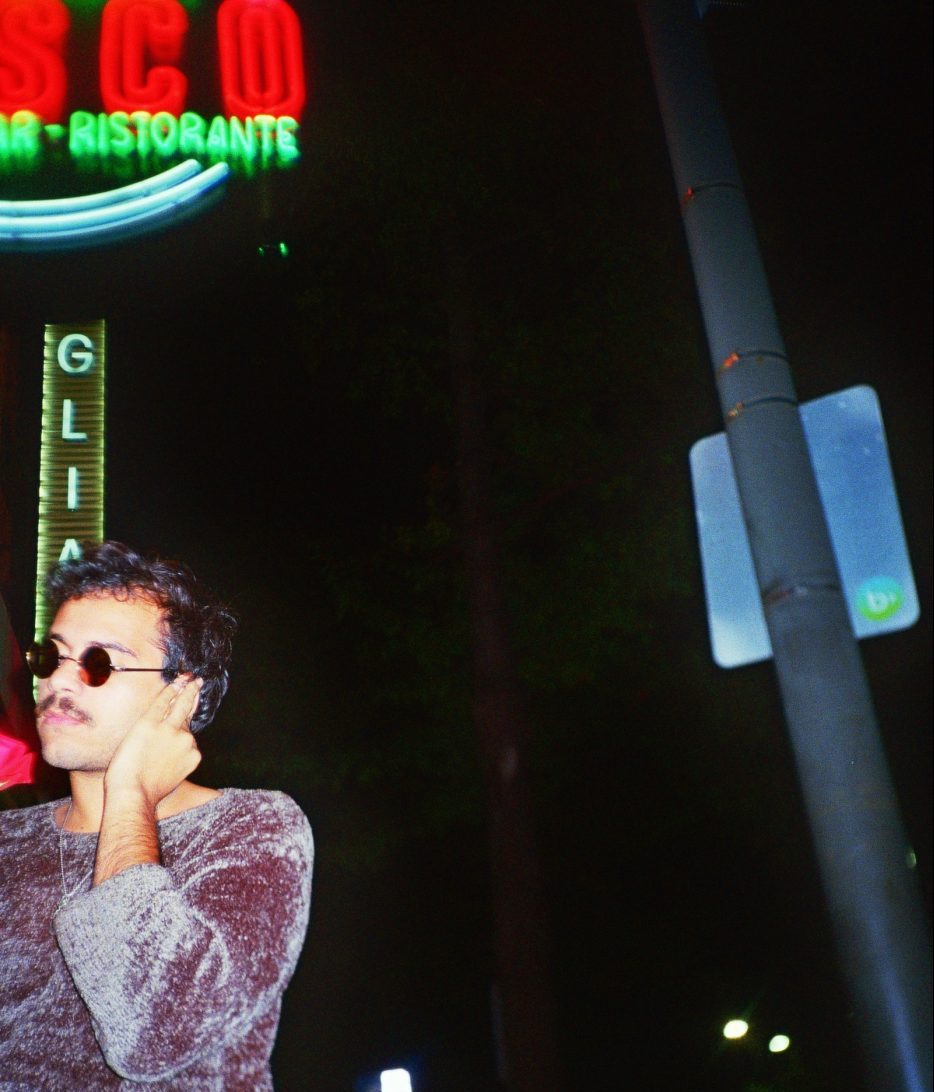
+ IMAGERY: E.R. Pulgar


















